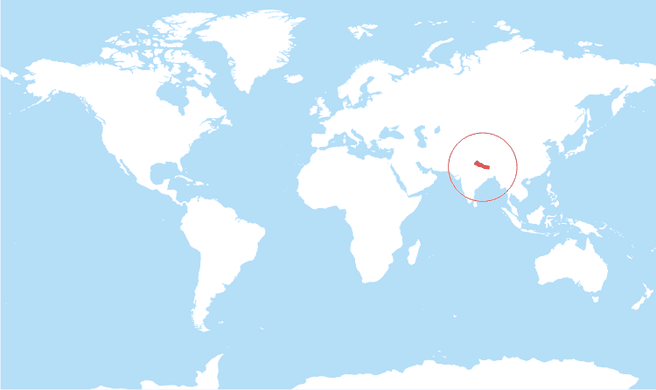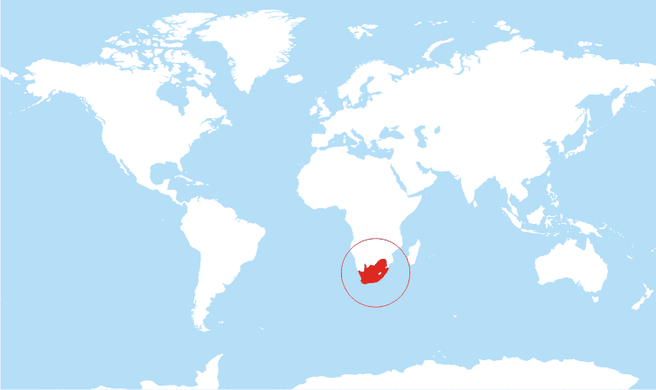
This article is part of the network’s archive of useful research information. This article is closed to new comments due to inactivity. We welcome new content which can be done by submitting an article for review or take part in discussions in an open topic or submit a blog post to take your discussions online.
WEPHREN supports World Suicide Prevention Day on September 10th organised by the International Association for Suicide Prevention by collecting and sharing resources from around the world for prisons on the WEPHREN website.
Listen to Professor Murad Khan's message on World Suicide Prevention Day below.
National Institute For Health and Clinical Excellence (NICE, UK) - new guidelines
NICE have published guidelines on Preventing suicide in community and custodial settings on #WorldSuicidePreventionDay which look at
- suicide prevention partnerships, strategies and action plans
- gathering and analysing suicide-related information
- awareness raising by suicide prevention partnerships
- how suicide prevention partnerships can reduce access to methods of suicide
- training by suicide prevention partnerships
- how suicide prevention partnerships can support people bereaved or affected by a suspected suicide
- reducing the potential harmful effects of media reporting of a suspected suicide
In this video, Jane Leaman introduces the guidelines from her perspective as a public health consultant on the expert advisory committee.
Case reports on suicide in prisons
We have two reports this month on suicide in prisons; case studies from clinicans and researchers working in the field.
Depression and suicide in Nepalese prisons

Nepal is a landlocked country situated in South-east Asia, with an area of 147,181 square kilometres. There are 74 jails in Nepal with two government-run juvenile reform homes. According to the Department of Prison Management, there are 19,618 people in prison in Nepal on June 2018. For further information see http://www.prisonstudies.org/country/nepal

Learn from Dr Gambhir Shrestha's blog post the current situation in Nepal in his blog post here. Dr Shrestha is a Public Health Physician and has worked in areas of prisoner’s health, especially in infectious and mental health problems. He holds a MD degree in Community Medicine and Tropical Diseases from B.P. Koirala Institute of Health Sciences in Nepal and is the author of 11 technical papers, as well as being the recipient of a junior researcher award at the 10th Academic and Health Policy Conference on Correctional Health in USA. He is currently working at Child Health Division, Department of Health Services, Ministry of Health, Nepal.
Suicide in South African prisons

Approximately 160,000 people are imprisoned in South Africa, giving a prison population rate of 280 per 100,000 of national population. About one quarter of imprisoned people are pre-trial detainees and only 2.6% are women. For more on South African prisons see http://www.prisonstudies.org/country/south-africa
In this blog post, Dr Jason Bantjes, highlights the issue of suicide in prisons from South Africa. Dr Bantjes is a senior lecture in the Department of Psychology at Stellenbosch University. His work is supported by a grant from the South African Medical Research Council and his research interests include suicide prevention and the epidemiology of attempted suicide.